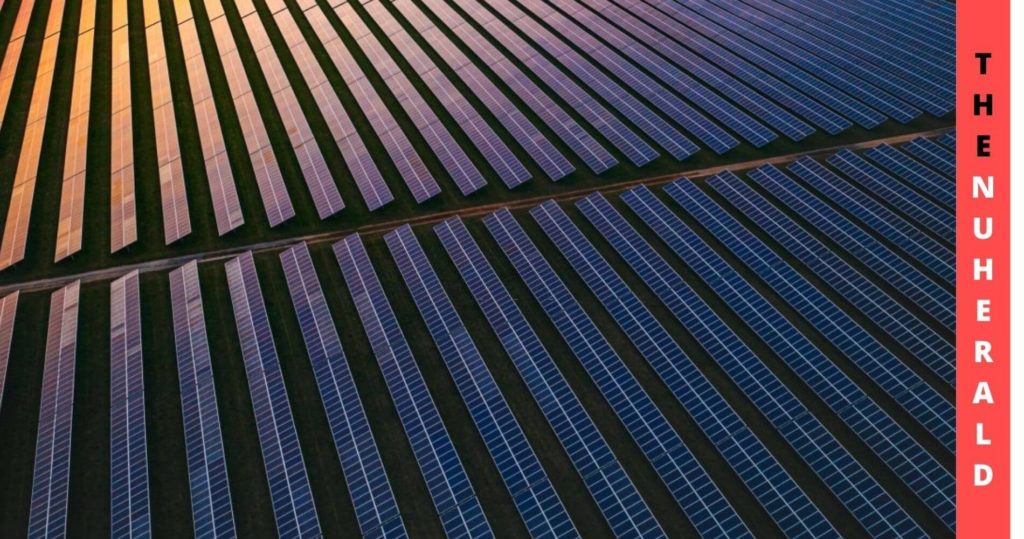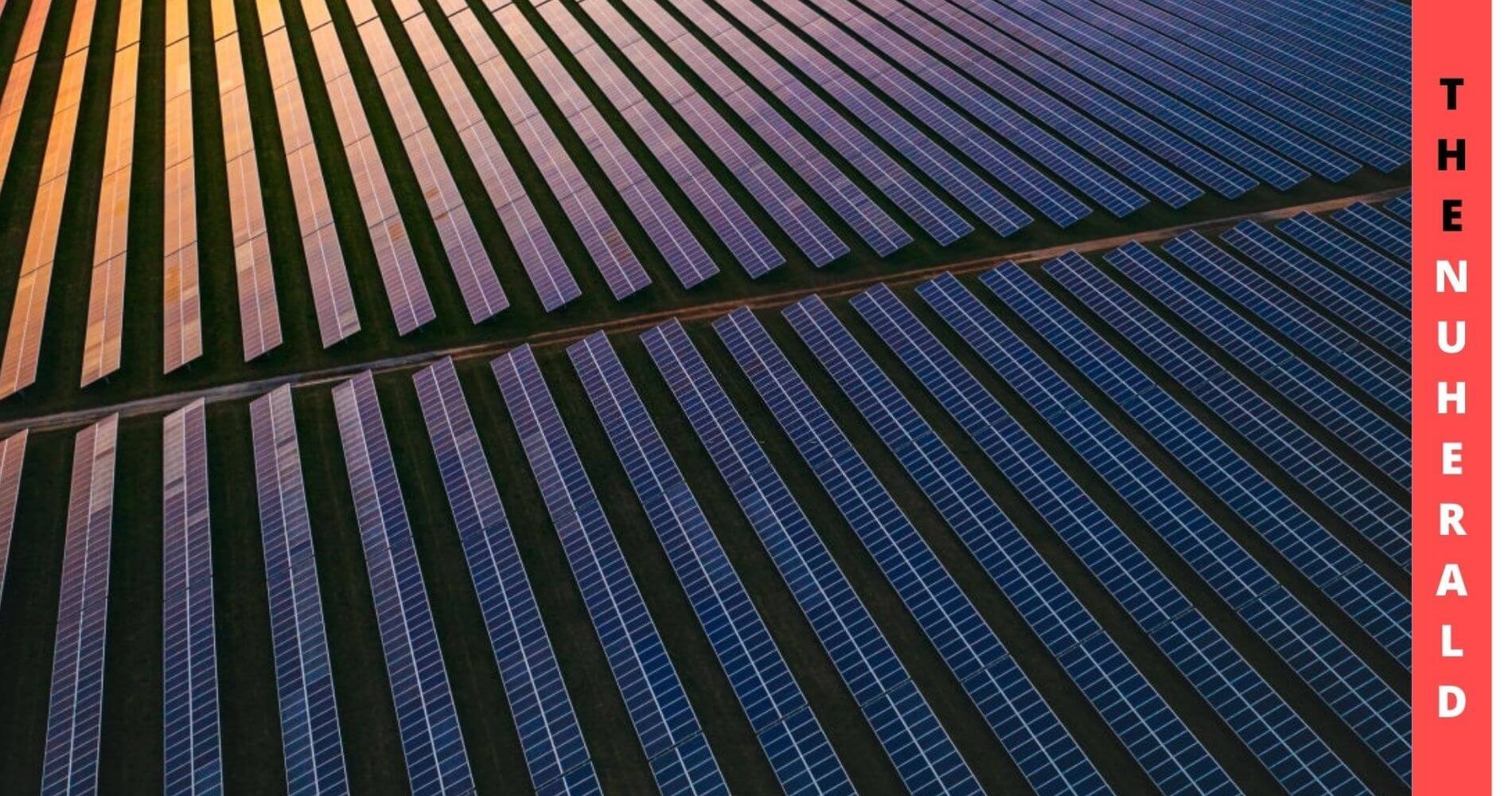Former President Donald Trump had earlier imposed a few tariffs on solar panels imported from China along with other countries. Joe Biden, the current president of the United States of America has continued most of the tariffs set by Donald Trump but excluded tariffs from some solar panels which are used in utility projects throughout the country.
Partial Extension Tariffs On Solar Panels By Joe Biden
Solar energy is the best way to harness the sun’s radiation and it’s a way of heat to generate electricity through various technologies. The solar energy system is seen as a prospect for the future as it is renewable energy. Solar -energy is said to be cheaper than other forms of energy such as fossil fuels, etc. Solar energy is not only cheaper but also faces no problems regarding its availability.

Joe Biden, in order to promote a climate change campaign and boost Clean Energy productions, reduced the cut of tariffs from the bifacial solar panels. These panels are mainly able to generate electricity from both of their sides. This was mainly done because it is used in a few big solar projects.
Trump’s tariffs were 30% at the beginning which lowered to 18% and lastly 15%, these were supposed to expire by Sunday. Joe Biden’s tariff introductions are 14.75% now which will be later reduced to 14%.
The incident resulted in the following consequences:-
• The bifacial panels were excluded from the tariffs so that the betterment of solar energy is deployed in other places where there is an opportunity for solar projects.
• The import quota of solar cells has been raised to twice what it actually was.
It was suspected earlier that the cells were made in China but after no proper evidence. Even at this point, it was believed that China could indirectly be earning from its profits. So the import quota was raised to minimize the profits.
• Joe Biden increased demo tariffs but he also reduced tariffs for certain goods which are used to make the country prosper and create electricity using solar energy panels.
It was supported by some people and government organizations and some didn’t:-
•Firstly Republican Sen. Rob Portman, Democratic Sen. Sherrod Brown, Marcy Kaptur, and Tim Ryan had put forward their views. They somewhat supported the decision and also told that china had already subsidized the solar companies and that they dumped some solar panels which should not reach the United States duty-free.
• Sen. Jacky Rosen Pneu from the area where the per capita income due to solar jobs is the highest. She told that she appreciated the exclusion of bifacial panels as it helps in removing fossil fuel and other energy crises around the world. However, she was not very fond of the overall decision of continuing the tariffs for other panels as it affects the clean energy economy of the country. It would increase the cost of solar energy, which is the cheapest source of energy now.
•Some Ohio-based bipartisan lawmakers also said against the decision. Their point of view suggested that in the future when the solar production industry expands, it would reduce chances for American workers.
According to the American Clean Power Association, it is a positive step towards job opportunities and the President’s Agenda about better climatic situations. President Joe Biden had an agenda about better climatic situations. He has set some good goals to make the situation better, firstly and most importantly the goal to bring Greenhouse gas emissions down by a minimum of 50% by 2030. It will be compared to the stats of 2005. Secondly, to occupy the void left by the greenhouses and their uses to make energy, solo energy will be focused on. This was done as surveys show that solar energy has the capability to supply 40% of the country’s energy in a span of 15 years.
These tariff extensions on solar panels have been received with a lot of mixed responses. Some feel it will be helpful and some think that it will result in chaos. The only certain thing at the moment is that solar energy is the way to a better future.
